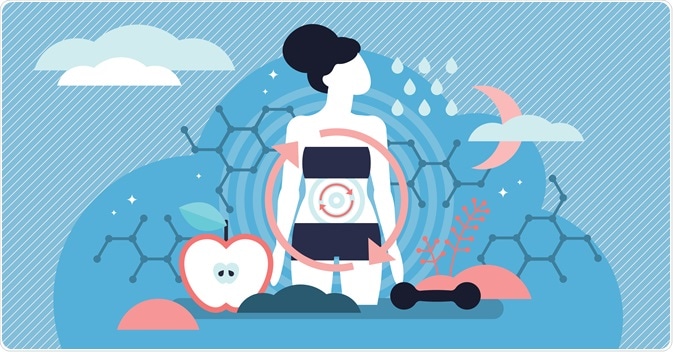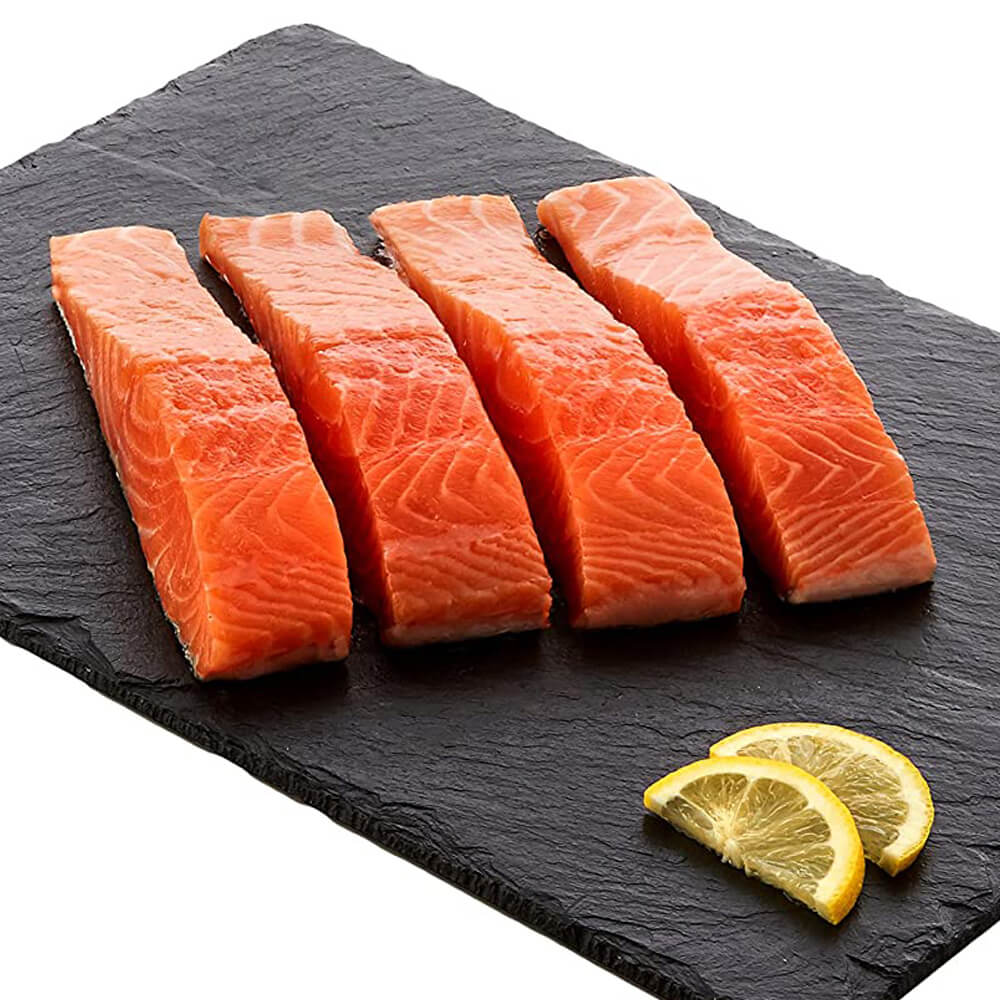
Salmon are one of the most nutritious foods on the planet. It’s credited with positively affecting our bodily needs, reducing the risk of serious ailments such as heart attacks and even cancer. Salmon is one of the richest sources of healthy fat – omega 3. It is rich in tons of other vitamins and minerals that offer several health benefits to our body.
Salmon are present both in freshwater (rivers) and saline water (seas), depending on their stage of development. They have a peculiar life cycle. The fish lay their eggs near the mouths of rivers, where the eggs hatch, develop into fries and start their journey toward the sea. They grow into adult salmon in the sea and then go back to the rivers to reproduce, where most of them die after laying their eggs. The different varieties of this fish are usually identified based on the ocean they live in.

1. Salmon are called “FRY” when emerging from their eggs.
2. Salmon lay about 2,500 eggs on average but it can go up to 7,000.
3. Some types of Salmon belong to the endangered list.
4. Salmon can travel up to 3,500 miles to spawn.
There is only one type of Atlantic salmon and five types of Pacific salmon, namely, pink, chinook (or king), sockeye (or red), coho (or silver), and chum. Another popular variety is wild Alaskan salmon. The flesh of a salmon is usually pink but can range between shades of orange and red.
Benefits of Eating Salmon
Salmon improves cardiovascular health, reduces cancer risk, improves cognitive health, maintains bone and joint health, and improves skin, vision, and metabolism. It is also known to be a brain food for children as it helps calm those suffering from ADHD (Attention Deficit/Hyperactivity Disorder).
Salmon is among the most heart-healthy foods. This well-known and popular fish is a great source of easily digestible proteins (amino acids) and fatty acids like Omega-3 in the form of triglyceride. Salmon is also rich in some essential minerals like iron, calcium, selenium, and phosphorus, as well as vitamins like A, B, and D. Selenium, which is necessary for the metabolism of tissues, hair, and nails, is best obtained from animal proteins. Among animals, salmon is one of the best sources of this trace element.
Let’s delve deeper into some of the major health benefits of eating salmon.
Boosts Metabolic Function
The omega-3 fatty acids, vitamin D, and selenium within salmon all combine to help manage insulin levels throughout the body, thereby facilitating the absorption of sugar and the subsequent lowering of blood sugar levels.

Excellent Source of Selenium
Selenium is a trace mineral that acts as an antioxidant, and salmon is a great source of selenium. It helps fight cancer, regulates the production of thyroid hormones, supports proper functioning of the immune system, counteracts the actions of HIV, helps lower the chances of miscarriage, promotes sperm motility, reduces oxidative stress and inflammation, and may also help protect you from cardiovascular diseases. Selenium deficiency can decline your cognitive abilities.

Improves Vision
Again, the omega-3 fatty acids and amino acids help to prevent macular degeneration, retinal dryness, loss of vision, and fatigue of the eyes. It is a proven fact that people who eat fish regularly, or at least more than others, have better vision than those who don’t.

Good for Heart Health
While the omega-3 fatty acids help reduce cholesterol, maintain the flexibility of arteries and veins, and strengthen cardiac muscles, the essential amino acids repair damage to the cardiovascular tissues. They help reduce blood pressure as well by lowering cholesterol levels and preventing the hardening of artery walls. This considerably reduces the chances of heart attacks.
Click here to learn about the foods that help in lowering cholesterol!

Improves Brain Health
The omega-3 fatty acids increase the efficiency of brain functions, improve memory, and keep it active during long working hours. Along with the amino acids vitamin A, vitamin D, and selenium, these fatty acids protect the nervous system from damage related to aging, act as an antidepressant, relax the brain, and also help in treating Alzheimer’s and Parkinson’s disease.

Slows Down Ageing
The omega-3 fatty acids, protein, and vitamin D will help cells produce collagen, keratin, and melanin. These will help the skin retain water, thereby reducing wrinkles and fine lines. Astaxanthin helps to scavenge bacteria and toxic oxygen radicals and improve skin elasticity, thereby reducing acne and dark spots.

How to Include Salmon in your Diet?
Salmon is extremely versatile. It can be steamed, sautéed, smoked, grilled, baked, or poached. You can also serve it raw in sushi and sashimi. Salmon is sturdy and holds up to a great variety of cooking styles and seasonings. You prepare salmon in a variety of ways, including grilling, baking, poaching, broiling, or pan-frying. To avoid adding lots of calories and fat, flavor your salmon with herbs, spices, and lemon.

Salmon is a high-oil fish and is available in many forms, like tablets and oils. You can consume it as instructed by your family physician.
To conclude, the health benefits of eating salmon are immense. It is not only healthy but also delicious and versatile. Hence, eat salmon and enjoy a disease-free life.
Good luck!
Disclaimer: The information and other content provided in this blog, or in any linked materials, are not intended and should not be construed as medical advice, nor is the information a substitute for professional medical expertise or treatment. If you or any other person has a medical concern, you should consult with your healthcare provider.


.png)


